Pros and cons of having the monarchy
Majority of Britons still favour having a royal family but support is waning, especially among the young
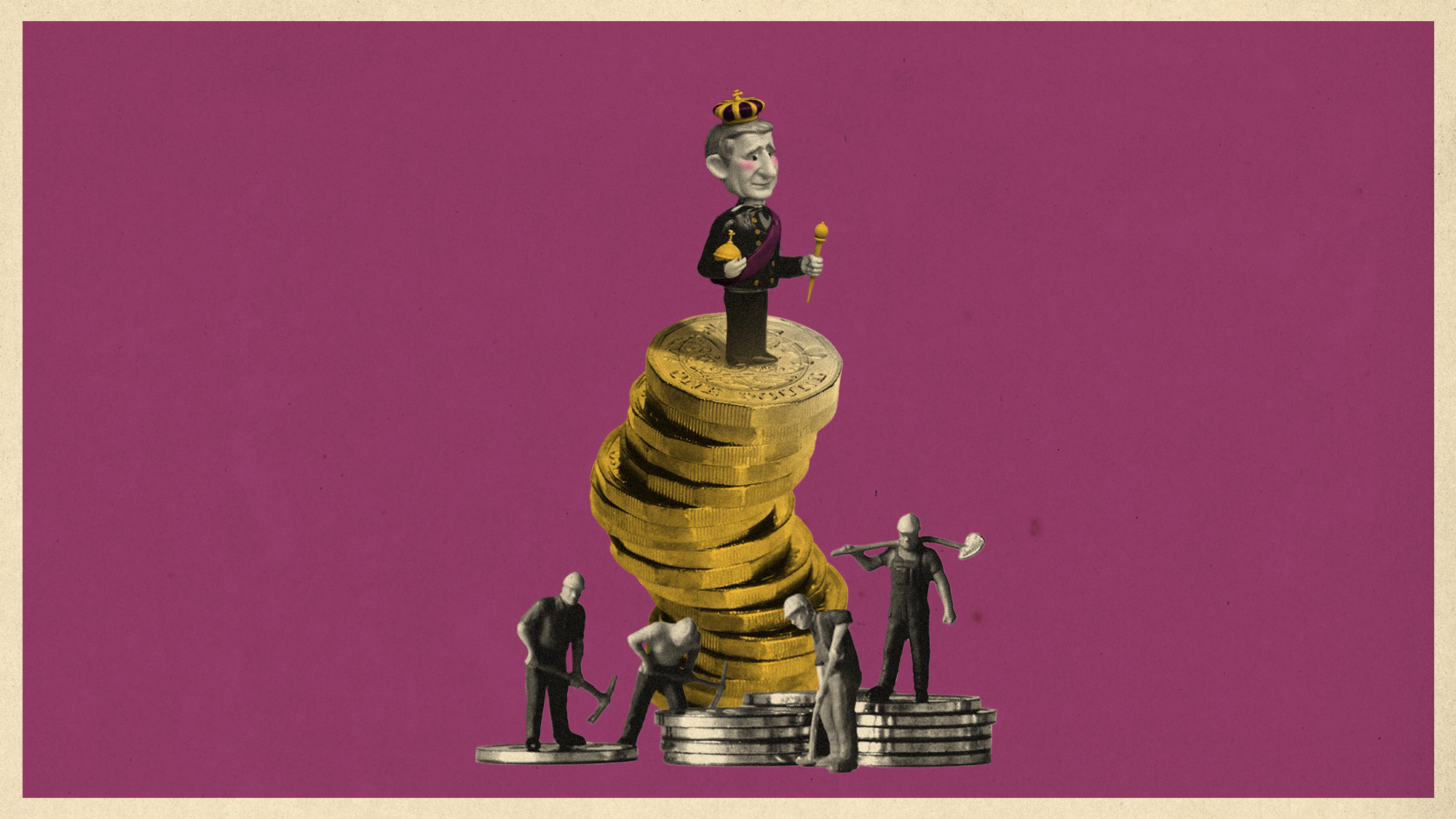
A free daily email with the biggest news stories of the day – and the best features from TheWeek.com
You are now subscribed
Your newsletter sign-up was successful
The Prince Andrew scandal is threatening to bring down the monarchy, unless drastic action is taken to quarantine him from the rest of the royal family.
That is the view of commentators and royal watchers from across the political spectrum after new revelations concerning his relationship with Jeffrey Epstein. A newly released email – dated 28 February 2011 and containing the message “we are in this together” – appears to directly contradict claims made by the prince in his now infamous “Newsnight” interview with Emily Maitlis that he severed all ties with the disgraced financier in 2010.
The BBC said the allegations were “intensely damaging” for the Duke of York, “but perhaps still more significant are the consequences of this never-ending saga on the image of the monarchy”, said Richard Kay in the Daily Mail.
The Week
Escape your echo chamber. Get the facts behind the news, plus analysis from multiple perspectives.

Sign up for The Week's Free Newsletters
From our morning news briefing to a weekly Good News Newsletter, get the best of The Week delivered directly to your inbox.
From our morning news briefing to a weekly Good News Newsletter, get the best of The Week delivered directly to your inbox.
“Every good deed” carried out by the royals in recent years “risks being drowned out by the relentless wave of the Andrew scandal”. It “corrodes public support for the royals and emboldens republican voices, which gleefully seize on every indiscretion to scorn the House of Windsor’s credibility”.
Many question whether the institution is fit for the 21st century and what value it brings. Here are the arguments for and against keeping the centuries-old institution.
Pro: popular with public
The monarchy as a whole “has long enjoyed broad, albeit declining, support among Britons, even if several of its individual members have not”, said Time magazine.
Just over half (51%) of people in Britain believe that it is “very” or "quite important" for Britain to have a monarchy, according to the most recent British Social Attitudes survey, conducted by the National Centre for Social Research in 2024. This is a dramatic decline from 86% in 1983, but it’s worth noting that only 15% of those surveyed actually think the monarchy should be abolished entirely.
A free daily email with the biggest news stories of the day – and the best features from TheWeek.com
While there is overall positivity towards the monarchy across most age groups, “there is a sharp generational divide”, said the BBC. According to a new poll on Statista, 81% of 65-year-olds want the monarchy to continue but the younger the person polled, the more likely they are to want to replace the King with an elected head of state, a majority view among 18- to 24-year-olds.
“Modern monarchy no longer depends on divine grace, but the consent of the people,” said Robert Hazell, professor of government and the constitution at University College London, in a 2022 paper for the Institute for Government. He warned that if public support continues to decline, the government might come under pressure to reduce funding for the royals, as has happened in Spain.
Con: cost to taxpayers
The monarchy is supported financially by UK taxpayers via the Sovereign Grant, which covers central staffing costs and expenses for the monarch’s official households, maintenance of the royal palaces in England, and travel and royal engagements and visits.
Accounts for 2024/25 show that the Sovereign Grant that financial year remained at £86.3 million. Yet the “real cost” to taxpayers is nearly six times more, said anti-monarchy campaigners.
Republic, which calls for the abolition of the monarchy, claims the official figure does not account for security, and other "lost income" for taxpayers, including from property businesses controlled by the duchies of Lancaster and Cornwall, which go directly to the King and the Prince of Wales respectively. Republic says the royals' total annual bill is in fact £510 million. "How can we talk about cutting the winter fuel allowance while wasting half a billion pounds on the royals?" Republic's chief executive, Graham Smith, told the BBC last September.
The question of whether the monarchy continues to offer value for money is one that – like positivity towards it in general – divides along generational lines. According to YouGov polling in 2024, 75% of the over-65s believe they do, but only 34% of 18 to 24-year-olds feel the same.
Pro: 'soft' power benefits UK
Like his mother before him, the King is a source of British "soft power" and diplomatic influence, holding state visits and foreign tours that bring benefits for national security, influence and trade.
A 2017 report by consultancy agency Brand Finance said that the monarchy generated an estimated £150 million worth of trade for the UK each year. And combined with contributions including surplus revenues from the Crown Estate, which go to the Treasury, and money from tourism, the total estimated gain for the UK economy was almost £1.8 billion.
"Measuring the wealth-generation of a brand is no easy task, especially when it comes to the royal family," said Sebastian Shehadi at Investment Monitor, but their influence on the UK economy "spans the likes of trade, tourism, media, real estate and heritage sites, foreign investment and much more".
Con: no place in equal society
Critics of the monarchy argue that having a system of hereditary power at the top of the country's political, military and religious institutions perpetuates class divisions and inequality.
The royal family "exist as a glaring symbol of the unearned privilege and inequality that pervades the roots of British society", said political journalist and author Eve Livingston in The Independent.
And it is not just in Britain that the monarch’s role as head of state is increasingly under scrutiny. The late Queen's reign was "bookended by periods of great uncertainty about Britain’s role on the world stage", said Foreign Policy. She "was crowned in 1953 as the sun was beginning to set on the British Empire" and her death came "as the country reexamines its place in the world". There are increasing calls for the UK to "reckon with its colonial history", while republican sentiment is gaining traction in the Caribbean.
Pro: boosts national unity
Supporters of a constitutional monarchy say it "represents a constant and lasting connection to the country's past" and they stress the importance of having a head of state who is "above party politics or factional interests", said Politics.co.uk. This neutrality means "the Crown can help secure smooth and peaceful handovers of political power and restrain abuses of authority", said The Telegraph.
The royal family's official website said that the monarch provides "a focus for national identity, unity and pride; gives a sense of stability and continuity; officially recognises success and excellence; and supports the ideal of voluntary service".
The Queen’s seven decades on the throne was "a low-key but extremely effective unifying force", said Martin Kettle in The Guardian, but it was one "her heirs cannot assume they will be able to replicate".
Con: undemocratic
Republic and other anti-monarchists argue that "hereditary public office goes against every democratic principle". The public cannot hold the royal family to account at the ballot box, so "there's nothing to stop them abusing their privilege, misusing their influence or simply wasting our money". The monarch should be replaced with an elected head of state.
In reality, the king or queen "can only ever act in the interests of the government of the day and does not represent ordinary voters", say campaigners. Therefore, "the monarchy is a broken institution" that should be scrapped in favour of an elected head of state who "could really represent our hopes and aspirations – and help us keep politicians in check".
Sorcha Bradley is a writer at The Week and a regular on “The Week Unwrapped” podcast. She worked at The Week magazine for a year and a half before taking up her current role with the digital team, where she mostly covers UK current affairs and politics. Before joining The Week, Sorcha worked at slow-news start-up Tortoise Media. She has also written for Sky News, The Sunday Times, the London Evening Standard and Grazia magazine, among other publications. She has a master’s in newspaper journalism from City, University of London, where she specialised in political journalism.
-
 Political cartoons for February 16
Political cartoons for February 16Cartoons Monday’s political cartoons include President's Day, a valentine from the Epstein files, and more
-
 Regent Hong Kong: a tranquil haven with a prime waterfront spot
Regent Hong Kong: a tranquil haven with a prime waterfront spotThe Week Recommends The trendy hotel recently underwent an extensive two-year revamp
-
 The problem with diagnosing profound autism
The problem with diagnosing profound autismThe Explainer Experts are reconsidering the idea of autism as a spectrum, which could impact diagnoses and policy making for the condition
-
 Why is Prince William in Saudi Arabia?
Why is Prince William in Saudi Arabia?Today’s Big Question Government requested royal visit to boost trade and ties with Middle East powerhouse, but critics balk at kingdom’s human rights record
-
 Will Beatrice and Eugenie be dragged into the Epstein scandal?
Will Beatrice and Eugenie be dragged into the Epstein scandal?Talking Point The latest slew of embarrassing emails from Fergie to the notorious sex offender have put her daughters in a deeply uncomfortable position
-
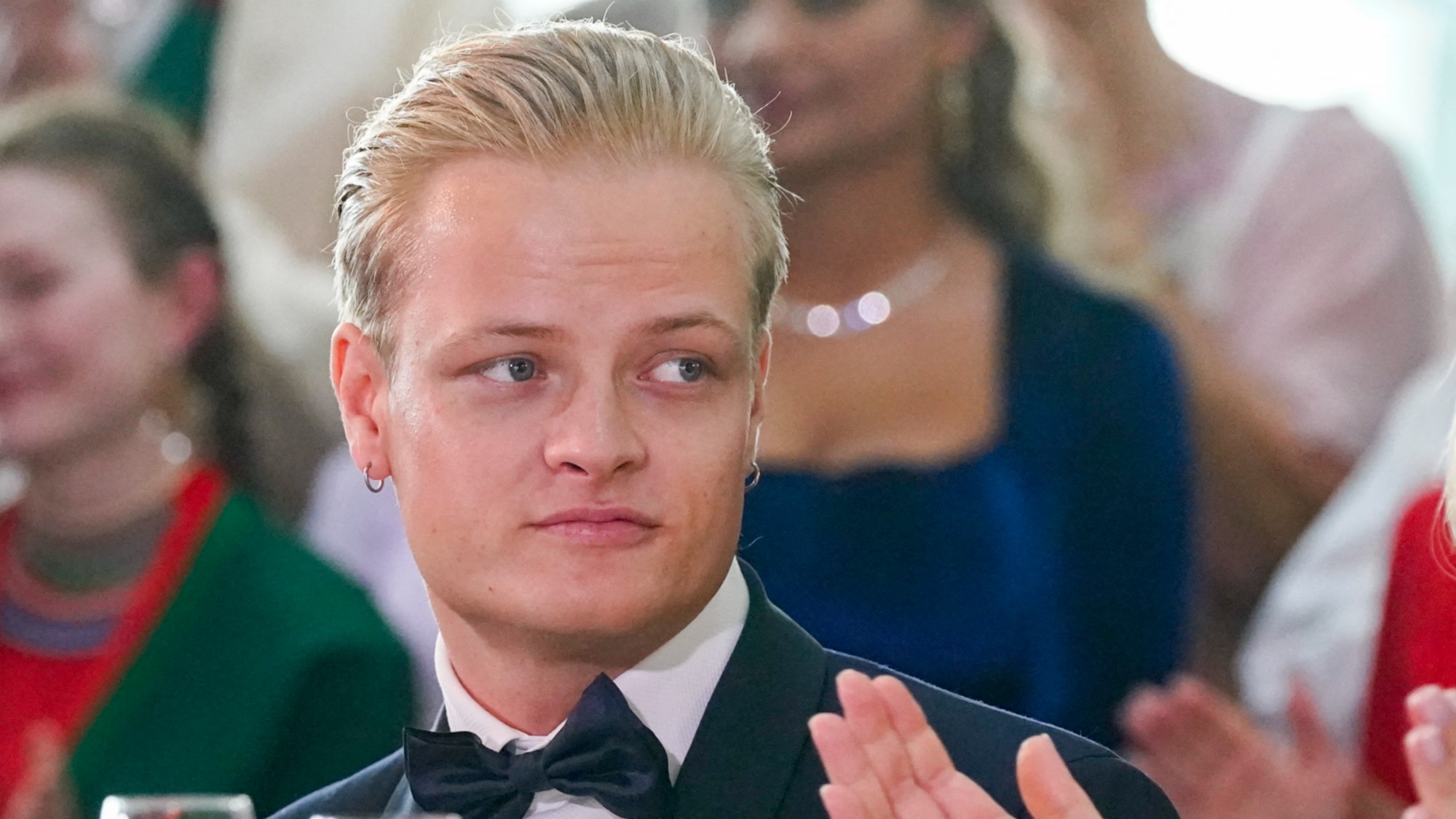 Norway’s scandal-hit royals
Norway’s scandal-hit royalsIn the Spotlight Rape trial of Marius Borg Høiby, son of the crown princess, adds to royal family's ‘already considerable woes’
-
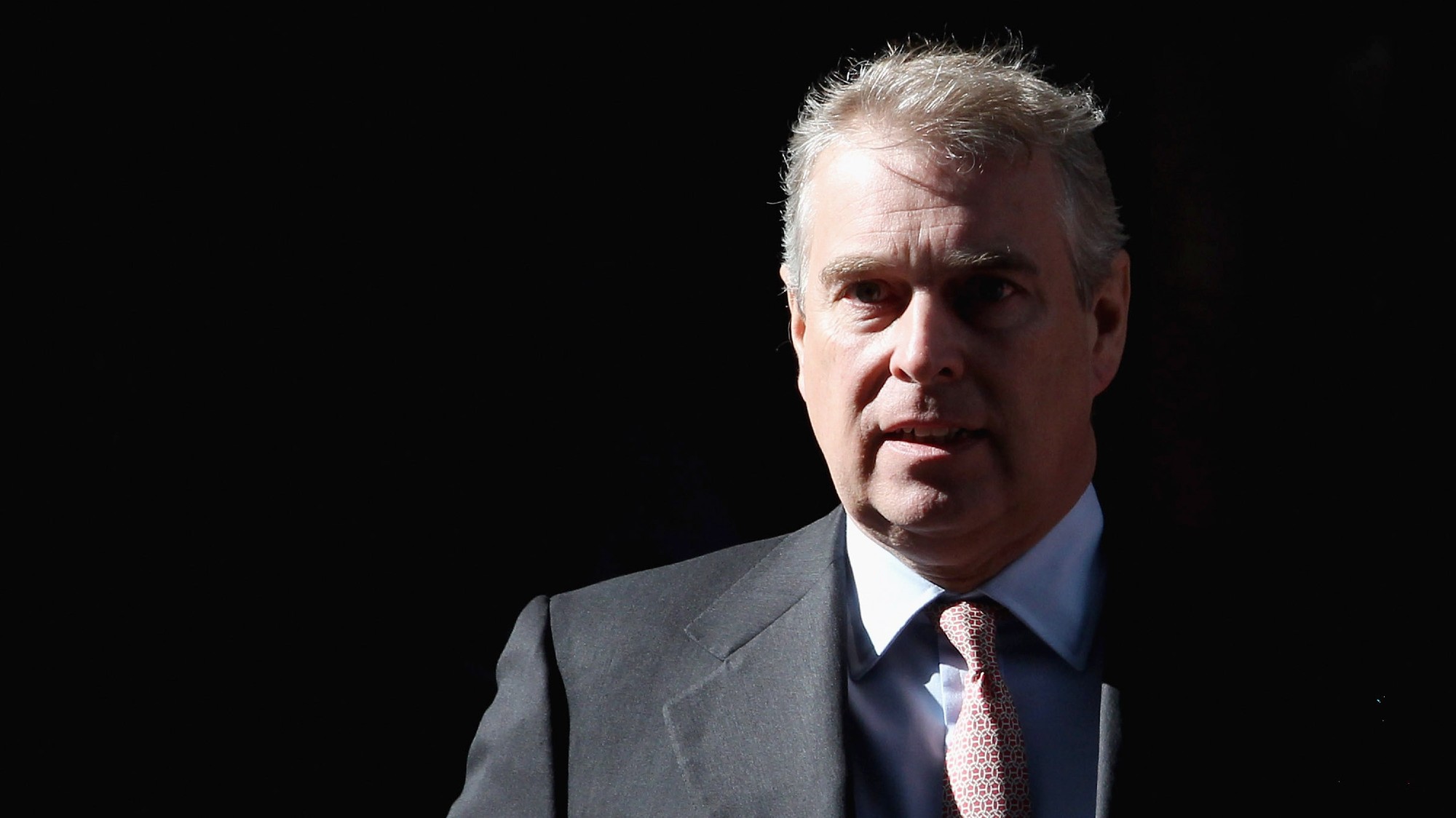 Prince Andrew: a timeline of disgraced royal’s Epstein scandal
Prince Andrew: a timeline of disgraced royal’s Epstein scandalIn Depth How the Queen’s favourite child went from Falklands War hero to public pariah
-
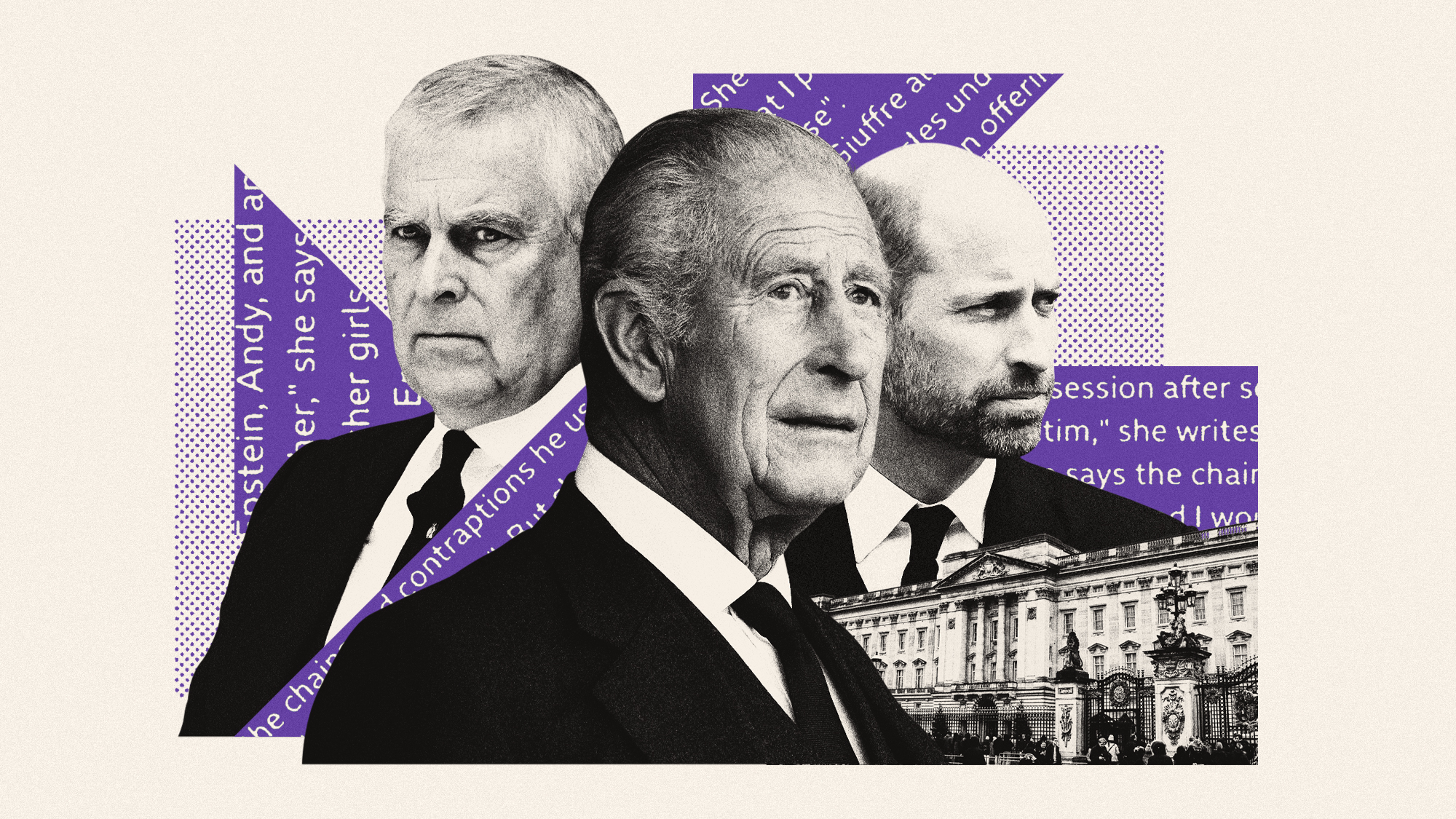 Prince Andrew: is the royal family doing enough?
Prince Andrew: is the royal family doing enough?Today’s Big Question King Charles faces calls for tougher action against Andrew after latest allegations about Virginia Giuffre and Jeffrey Epstein
-
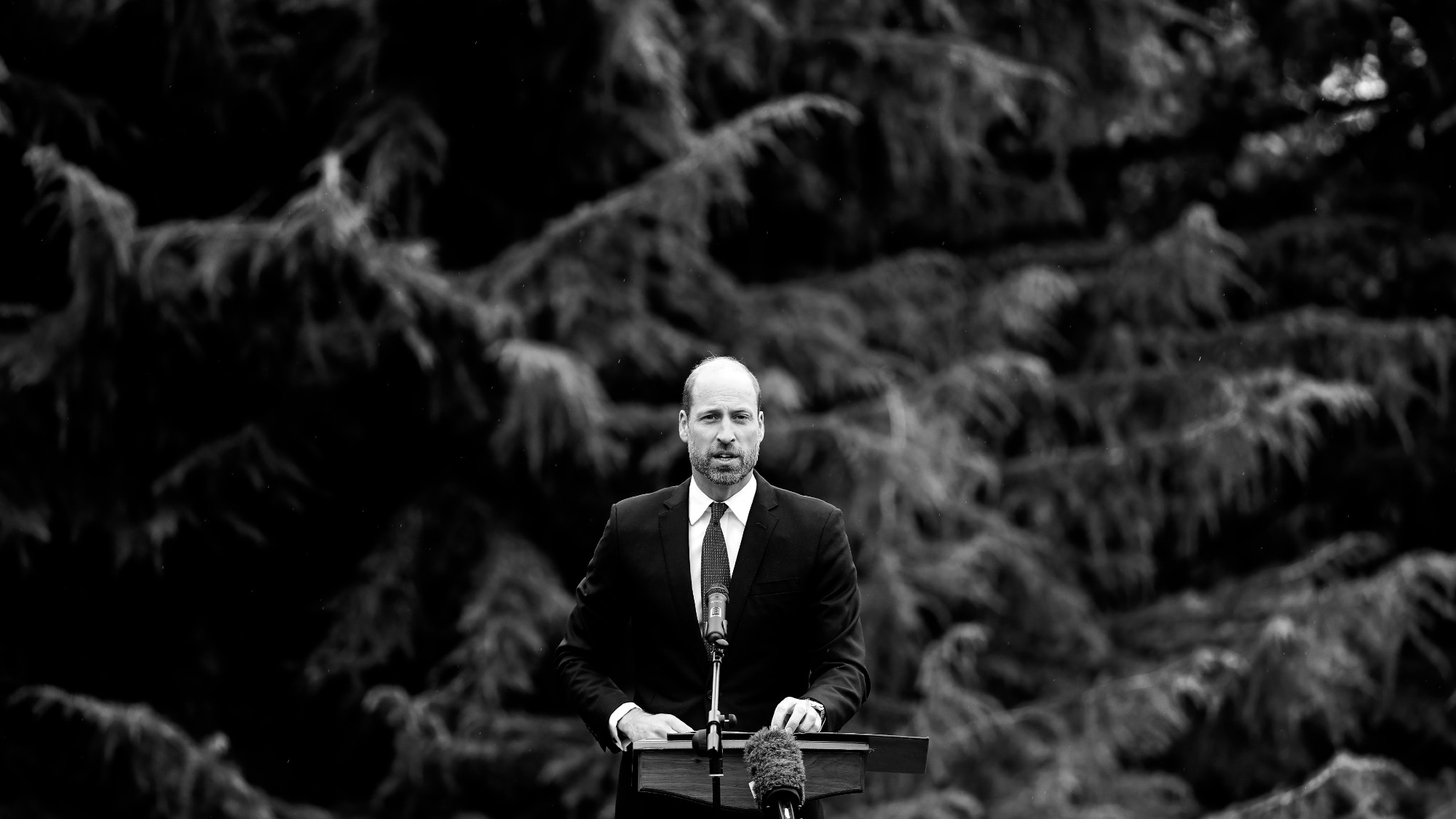 What will William be like as king?
What will William be like as king?Today's Big Question Prince of Wales said he won’t be ‘restricted’ by history when he takes the throne
-
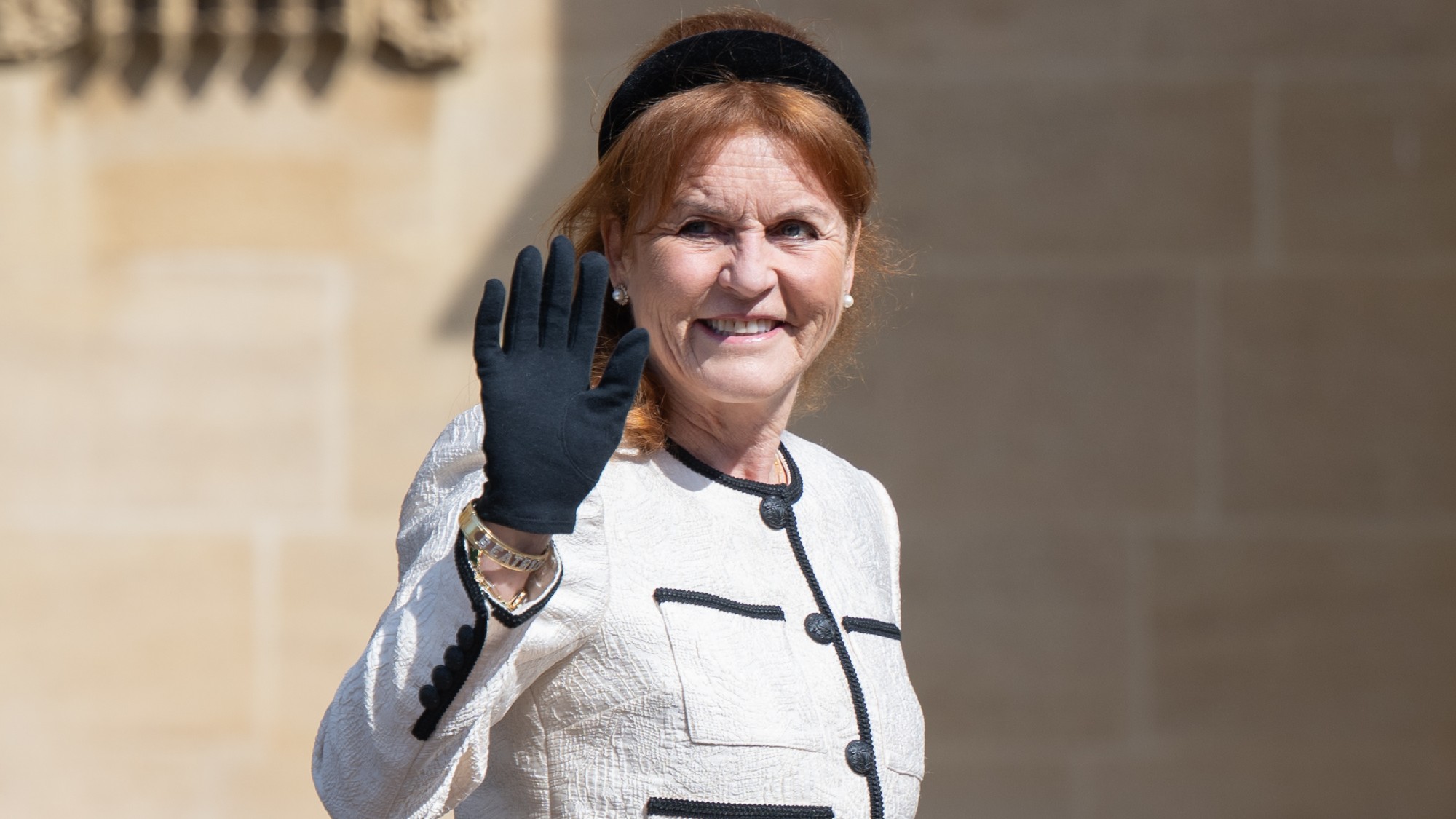 Sarah Ferguson: a reputation in tatters
Sarah Ferguson: a reputation in tattersIn the Spotlight After emails surfaced revealing ties to Jeffrey Epstein, weeks after she claimed to cut contact, her charities are running for the hills
-
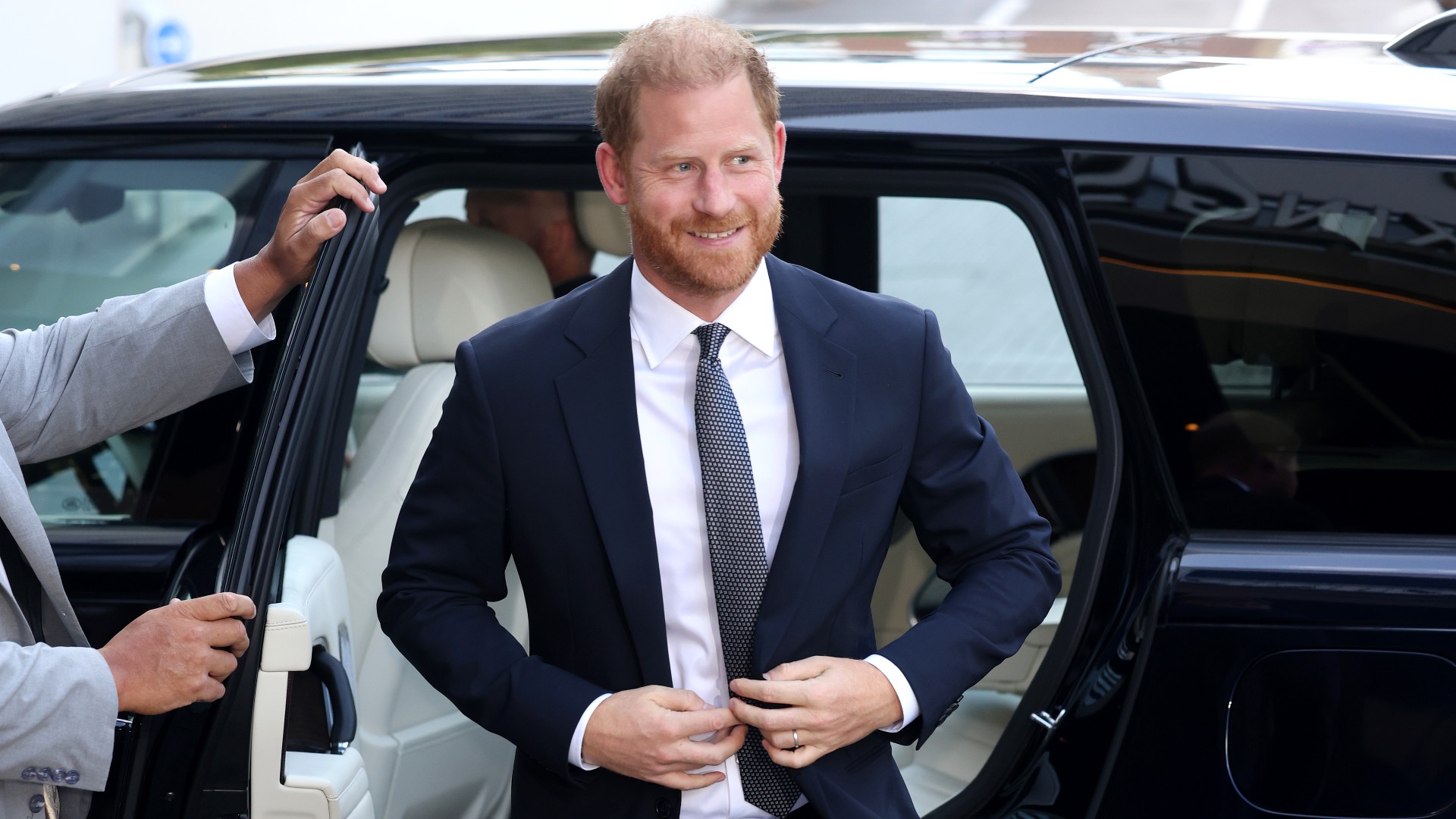 Prince charming: Harry’s tea with King sparks royal reconciliation rumours
Prince charming: Harry’s tea with King sparks royal reconciliation rumoursTalking Point Are the royals – and the UK public – ready to welcome the Duke of Sussex back in?